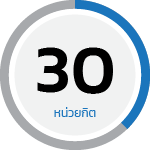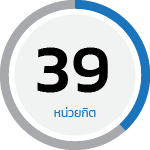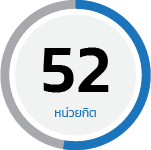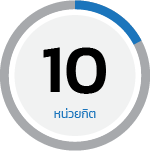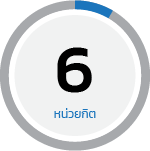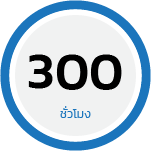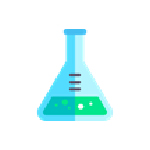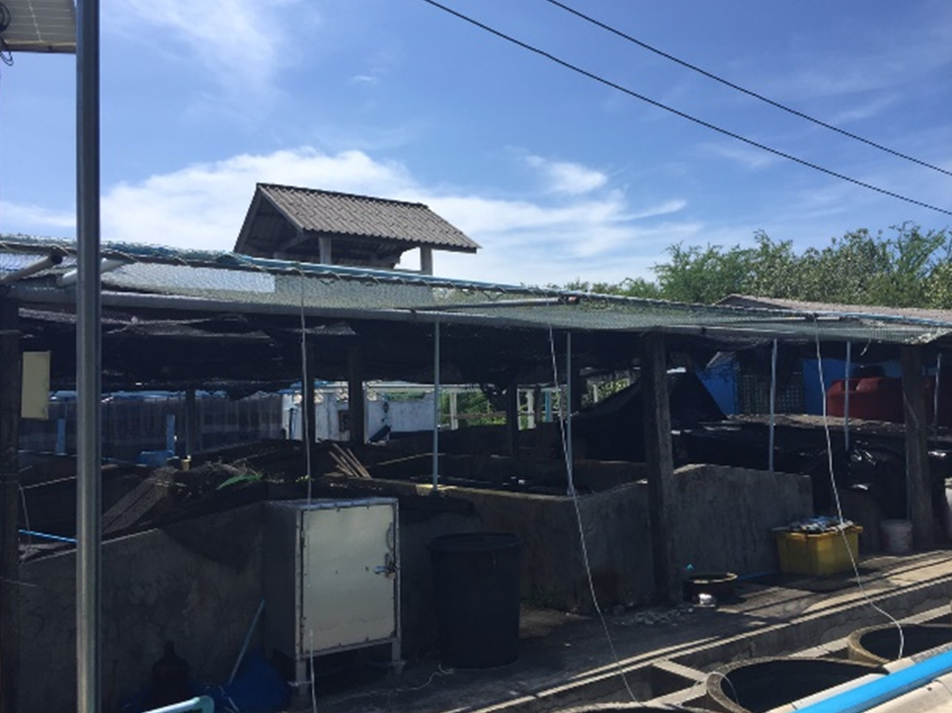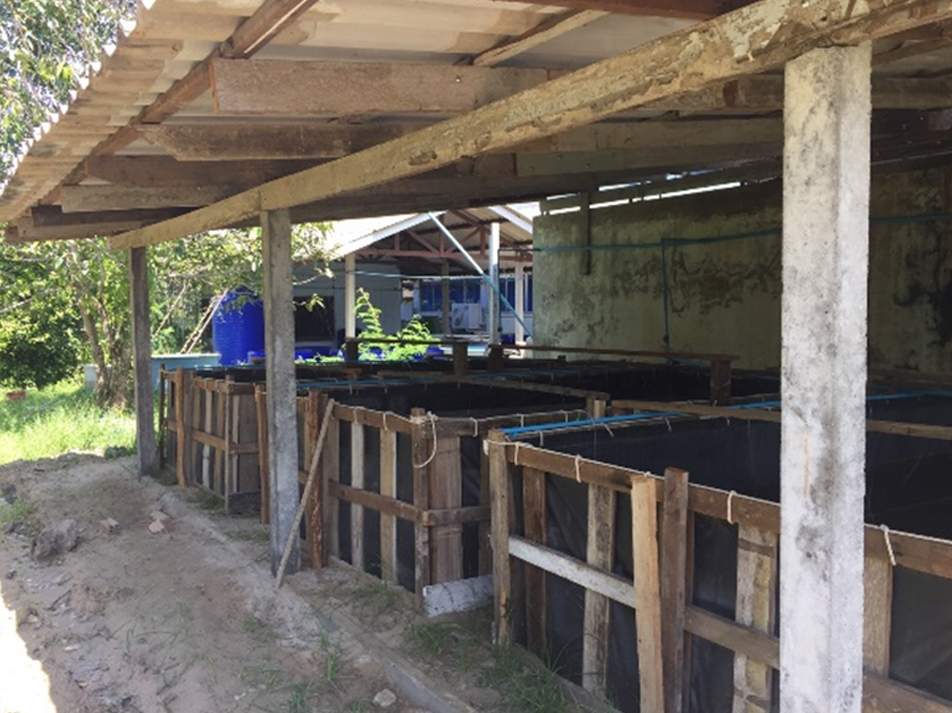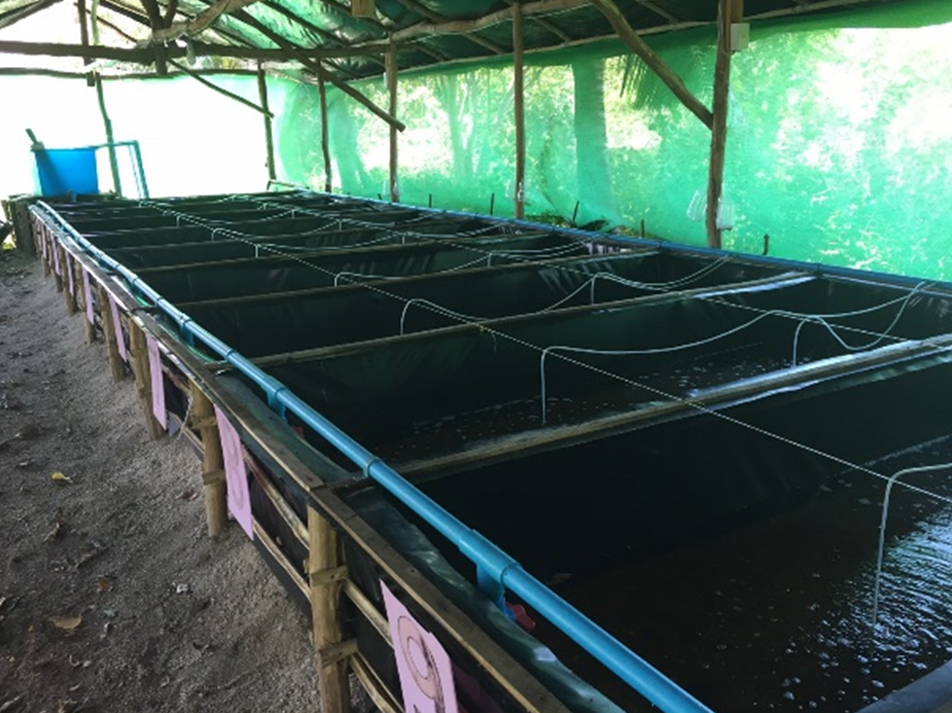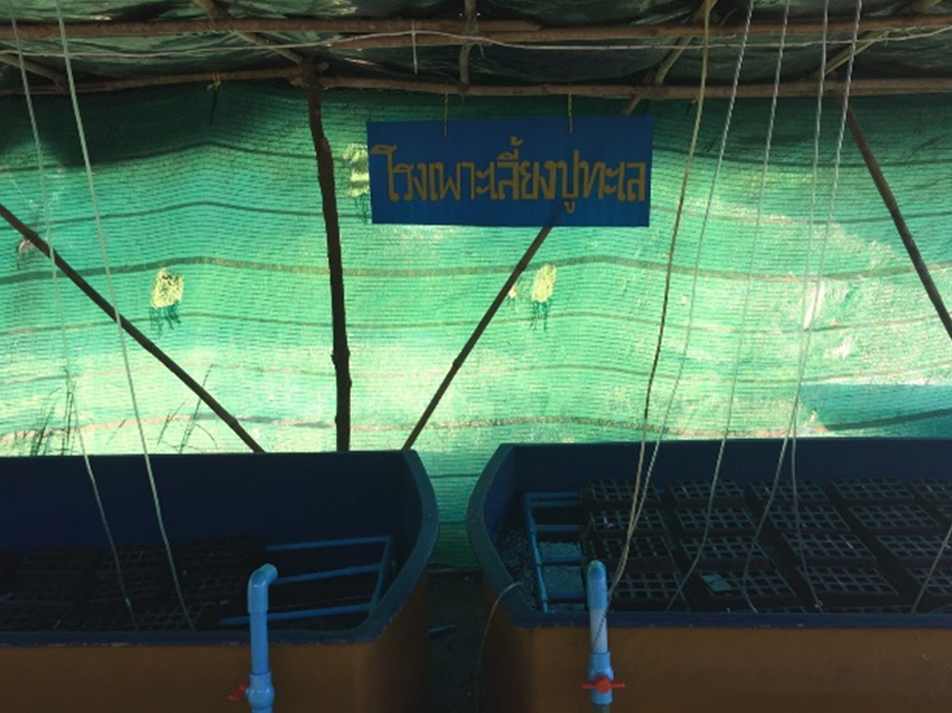Bachelor of Science (B.Sc.)
Fishery Technology and Innovation
B.Sc. (Fishery Technology and Innovation)
Curriculum format
Academic Bachelor’s Degree Program, 4-year program
Philosophy
The Bachelor of Science Program in Fishery Technology aims to produce graduates with knowledge and practical skills in fishery technology, morality, responsibility, and professional ethics; the ability to process and integrate knowledge with other disciplines; and the ability to develop themselves to respond to the needs of the fishery sector in the southern region and the country.
Importance
The Bachelor of Science Program in Fishery Technology has revised the new curriculum to be in line with the criteria for higher education qualifications and in accordance with the missions of the faculty and university by focusing on learning and applying knowledge in fishery science and technology together with knowledge in other disciplines. There is teaching and learning in both theory and practice, with internships or cooperative education in fishery technology. Teaching and learning in the curriculum focuses on the subject of aquaculture technology, post-harvest technology, and developing safe and standardized fishery products. It also creates knowledge to solve problems and increase fishery productivity, support food security, and the sustainable use of fishery resources in the country in line with the sufficiency economy philosophy.
Objectives
- Have morality, ethics, and professional ethics; have good interpersonal skills and responsibility for duties and society.
- Have knowledge and expertise in both theory and practice in fishery technology. Able to connect knowledge in related fields
- to think, analyze, and solve problems in practical work systematically.
- Potential to learn new sciences and select information technology efficiently.
- Able to develop research or create work, including being able to transfer knowledge.
- Able to apply the philosophy of sufficiency economy for self-reliance and competitiveness.
Number of credits studied throughout the course
General program, no less than 137 credits
Cooperative education program, no less than 137 credits
Highlights of the course
The course integrates knowledge in fisheries, a complete cycle of aquatic animal production.
Starting from aquaculture, post-harvest aquatic animal technology, quality control of aquaculture and products, management and operation of fisheries business, management of fisheries resources, covering production throughout the supply chain, able to manage and develop a complete standard aquatic animal and plant production system, as well as develop safe and standardized fisheries products.
Occupations that can be pursued after graduation
Learning Support
- Laboratory
- Seaweed and Plankton Cultivation
- Water Quality Analysis
- Aquatic Animal Diseases and Parasites
- Fisheries Products
- Wet Lab
- Outdoor Aquaculture Pond
- Sakom Aquatic Animal Research and Hatchery Unit
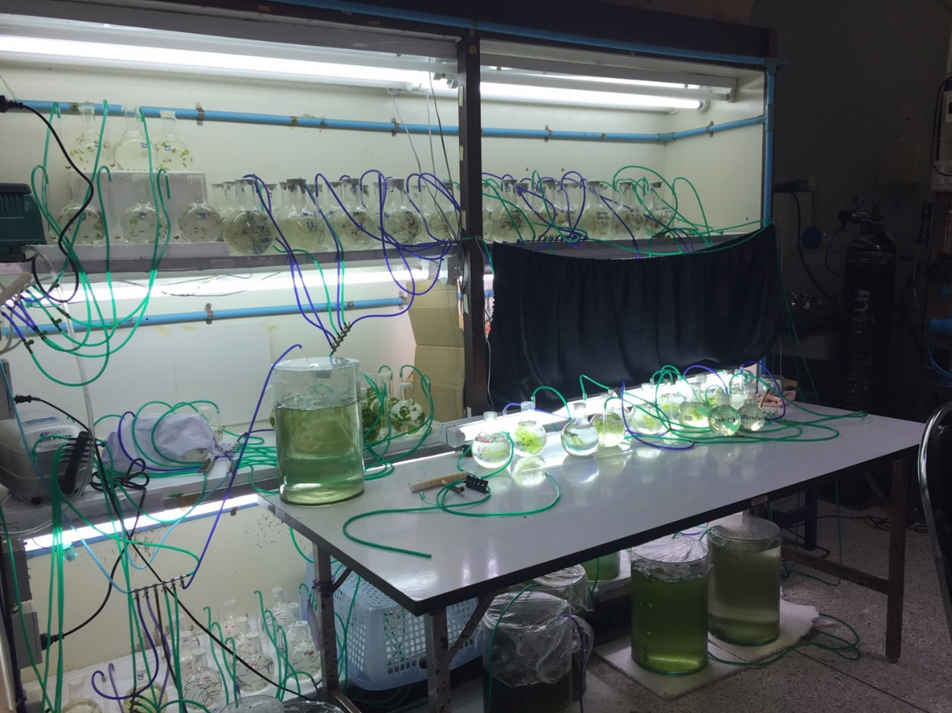
Figure A. Seaweed and plankton cultivation laboratory.
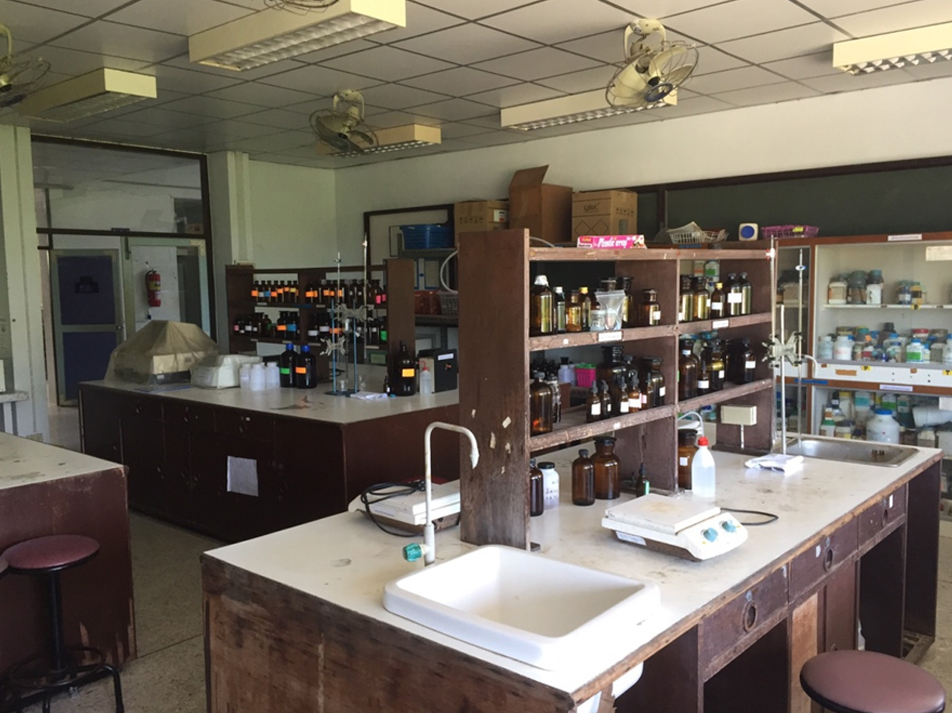
Figure B. Water quality analysis laboratory
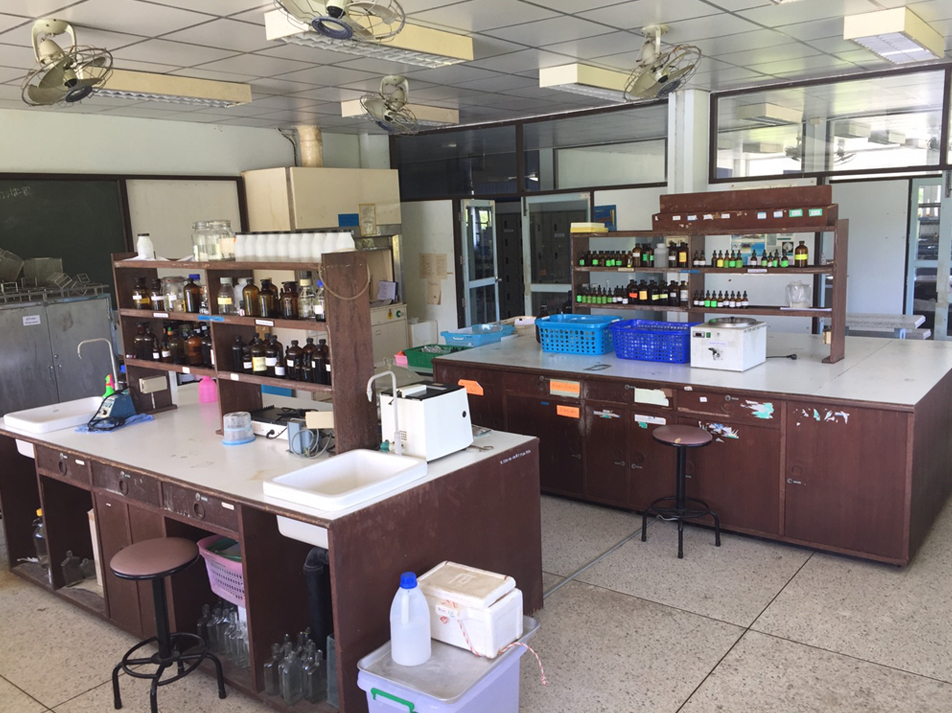
Figure C. Aquatic Animal Diseases and Parasites Laboratory
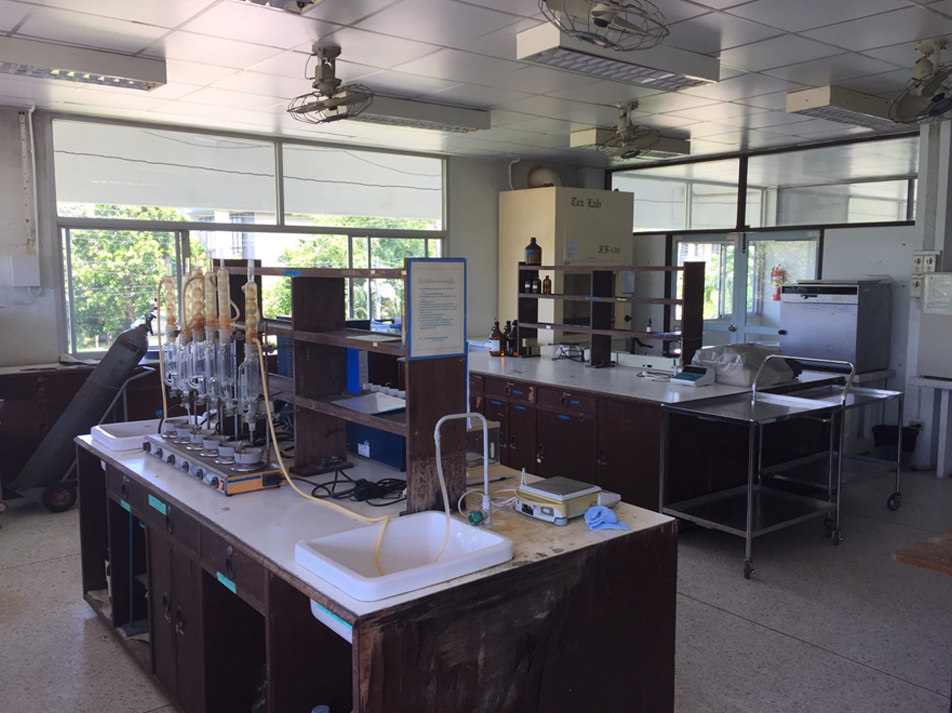
Figure B. Water quality analysis laboratory
Figure 1-4 c. Outdoor aquaculture pond.
Qualifications of applicants
Graduated from Mathayom 6 in Science. For more information, visit http://www.entrance.psu.ac.th
ข้อมูลการติดต่อหลักสูตร
ชื่อผู้ประสานงาน : ดร.นิรัติศัย เพชรสุภา (ประธานหลักสูตร)
Email : nirattisai.p@psu.ac.th

